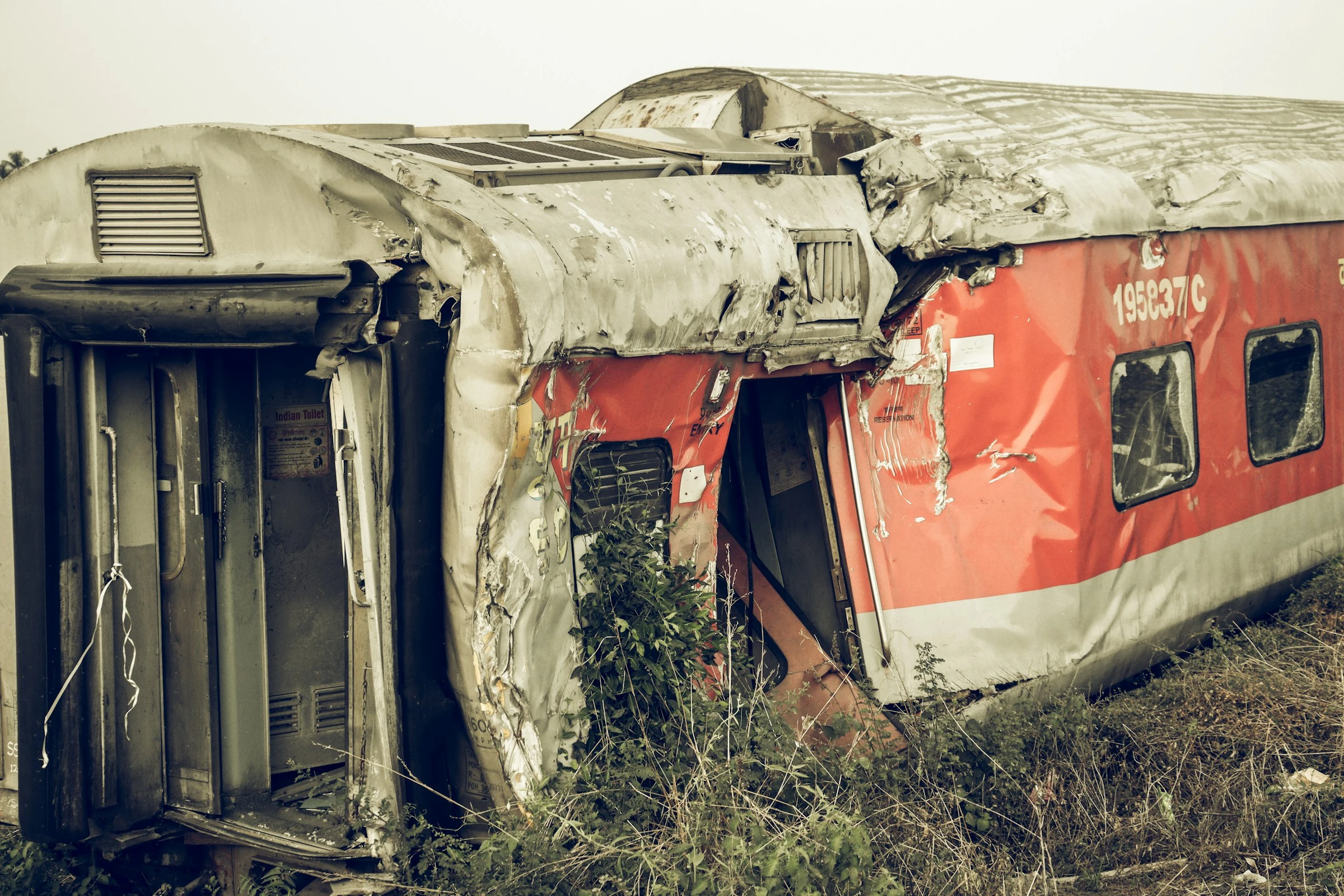Insurance
Economic Impact of 18-Wheeler Accidents on US Transport

The American transportation sector is critical to the economy as it supplies the means of transport for both goods and personnel. One of the most vital parts of this network of trucks is the 18-wheeler, the workhorse of freight transportation. These big trucks move along the nation’s highways, transporting products to every point in the country. Although they are of the greatest importance and help transport goods, their size and weight are the main characteristics that may affect safety, especially when an accident happens.
The damages caused by a truck accident can be devastating. That’s why you should rely on a reputable 18-wheeler accident lawyer to get compensation for the damages. Let’s talk about the effects of 18-wheeler accidents on the transportation system of the US and the economy.
The Scale of 18-Wheeler Accidents:
Every year, an increasing number of huge trucks are involved in crashes. It’s a huge problem. Such incidents result in people getting harmed and even dying in certain instances. Moreover, extensive damage is done to vehicles and roads. These numbers are huge, and they are felt everywhere around. These incidents do not only affect those directly involved; they become the subject of discussion on a much larger scale. It is not only about the economic benefits they bring but also the employment and revenue they generate.
Imagine all the financial resources used in emergency recoveries, road repairs, and medical care. It all amounts to a huge sum. Moreover, it does not only concern money; it also embraces the time misspent, the stress induced, and the disturbance of people’s lives. They are a huge incident that affects many parts of the community as a whole.
Immediate Costs Related to Truck Accidents
Emergency Response:
When a big rig crash happens, first responders respond quickly to the scene. The ambulances, fire trucks, and police cars rushed to the scene to provide assistance. A crash not only consumes the time and resources of the emergency responders who have to deal with the aftermath but also the injured individuals who require assistance and the wreckage on the road that needs to be cleared.
Medical Treatment:
The expenses for treating the victims of the accident may run very high. The injured can be hospitalized, have surgeries, and take various medications for medical care.
Vehicle and Property Damage:
Besides human fatalities, 18-wheeler accidents usually cause property and vehicle damage. The vehicles involved in the accident are often totaled, meaning that the victims have to spend a considerable amount of money on repairs or buying a new vehicle. Additionally, guardrails, signage, and road surfaces may become damaged and will have to be fixed to ensure the safety of other motorists.
Financial Burden:
The financial responsibility of the immediate cost is carried out by many parties, such as taxpayers and insurance companies. The taxpayers finance the emergency response programs and road repairs using their own money and hence using public funds to clear these bills. In the same way, insurers will take charge of the medical expenses and the repair of the vehicle of the accident victims.
Disruption to Supply Chains:
Impact on Delivery Timelines:
When an 18-wheeler truck accident takes place, it causes disruption of the freight in the supply chains, which then creates delays in delivery. Factories are unable to get the required goods from suppliers; this leads to an inevitable shortage of goods in stores and disruptions in production.
Ripple Effects in the Supply Chain:
The disruptions that come from accidents are often the source of the supply chain being affected by the whole system. For example, if a factory isn’t provided with these parts because of delays in delivery, the factory may have to temporarily shut down. This may have a domino effect on those firms that utilize these parts downstream and, hence, a snowball effect on the other businesses.
Long-term Consequences:
The consequences of 18-wheeler accidents in supply chains are not restricted to the post-accident stage of the accident. The interruptions can have lasting impacts that last for weeks and as long as a year. Closed roads and damaged infrastructure around a major highway will result in obstructions and traffic for the remaining drivers.
Loss of Productivity:
An accident involving an 18-wheeler is not just about the aftermath of the crash but also the consequences that will be extended to productivity: One of the major ways in which accidents affect production is due to traffic congestion. When a big accident takes place on a crowded highway, it could cause traffic jams for many miles ahead. This means not only the drivers who were directly in the accident are getting affected, but also many other people who are stuck in the traffic jam due to the results of the accident. The fact that the time spent stuck in traffic adds up to lost productivity is a real cost.
Employees who have to miss their ride might not make it to work on time or miss crucial meetings. Companies that depend upon just-in-time delivery of goods may be the ones to experience delays in getting crucial supplies. This may bring about disruptions in production schedules. Moreover, people who have been in traffic for a long time may experience a lack of concentration. When they finally get to the office.
Furthermore, a person’s psychological condition that undergoes trauma can affect how productive they can be. Those workers who are affected by the accident are likely to have problems. They have concentration or might simply need some time off to recover emotionally.
